Did you know that using Adapted Binders can make your students more independent learners? Yes, it is true! Want to know how? It is all about how you roll them out to your students!
Just like you teach your students your expectations with centers, stations, or routine tasks, adapted binders should be handled the exact same way. I always suggest slowly implementing anything new. Here is how I teach students to use Adapted Binders.
- Talk about using the binders whole group. Discuss expectations, and tell your students the time that it took to create them as a learning opportunity for them. I do suggest asking the students to leave their answers in the notebooks after they work through them. This way you can view their work and reteach. More on that later.
- Roll out with small groups. Once you have enough of the binders made for a small group of 5-6 students, pull a group and let them work through them. You can also do this with students as pairs. Focus on the layout and the activities in the binders.
- Allow a few students to work independently with the binders while you are able to monitor and assist. In other words, don’t do this while you are serving students in small groups. Monitor, reteach, and help your students as they learn to use the binders.
- After these steps, hopefully you and your students will be ready for full on Adapted Binder learning!
Adapted Binder Libraries
Just like a regular classroom library, have the adapted binders set up in a location of the room where your students feel like they have access to them. Just like when you guide your students to a book or give your students a few “book bin” choices, you can do the same with adapted binders. Select the skills that your students need, and then set them aside or label a box for that student.
Independent Centers
Do you have your students working on word work activities or independent stations during literacy rotations? Another alternative is to use Adapted Binders during this time. It takes an average first grader around 20-25 minutes to complete all of the activities in my Phonics Adapted Binders.
Determine Accuracy/Reteaching
Adapted Binders should be treated just like any other classroom task. Grading, feedback, and reteaching should take place. I certainly don’t mean a letter or numerical grade, but you definitely should take the time to look over the binder and see what areas the student is having difficulty with. Then, pull the student one on one and review their work. If reteaching is necessary, this is the time to do it. The best time that I found to reteach, while in the traditional classroom, was during bus time or morning work time.
Here’s what is available…
Currently in my shop, I have a bundle for CVC word families and VCE word families. To see more info, just click on the pictures below.
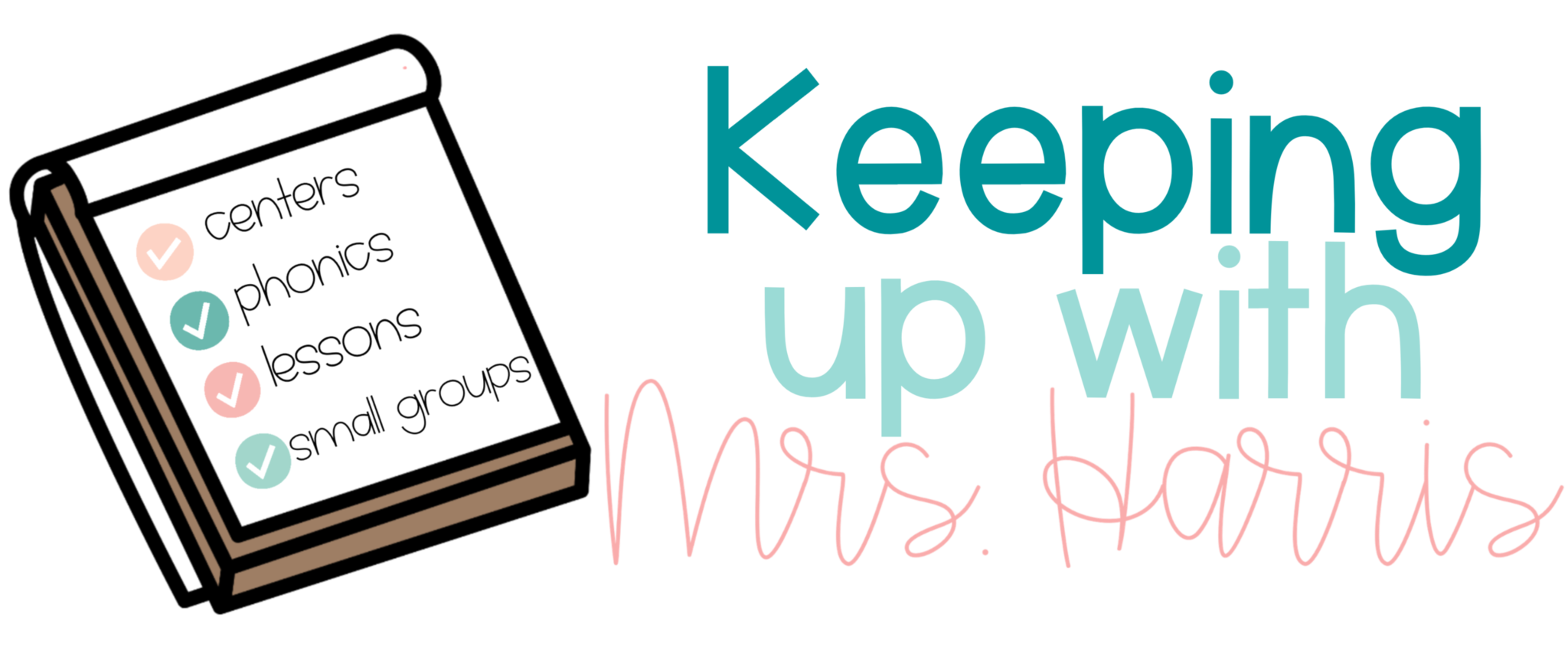
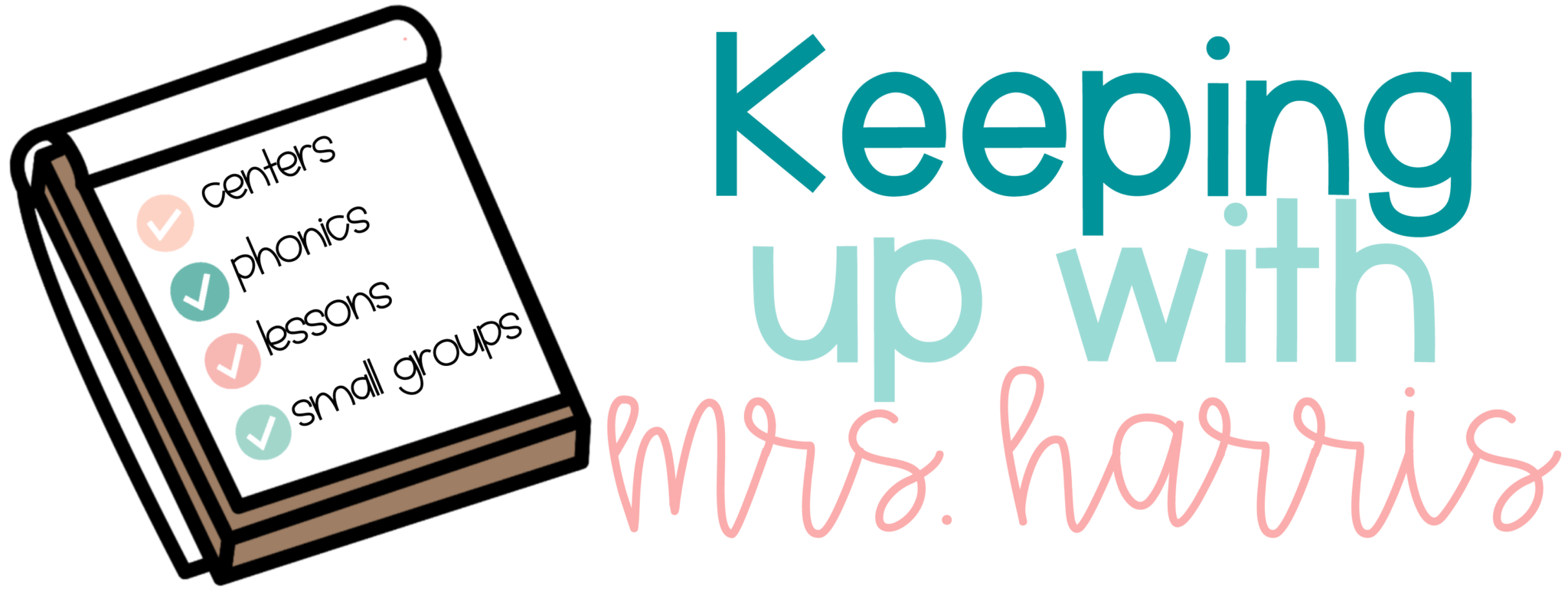
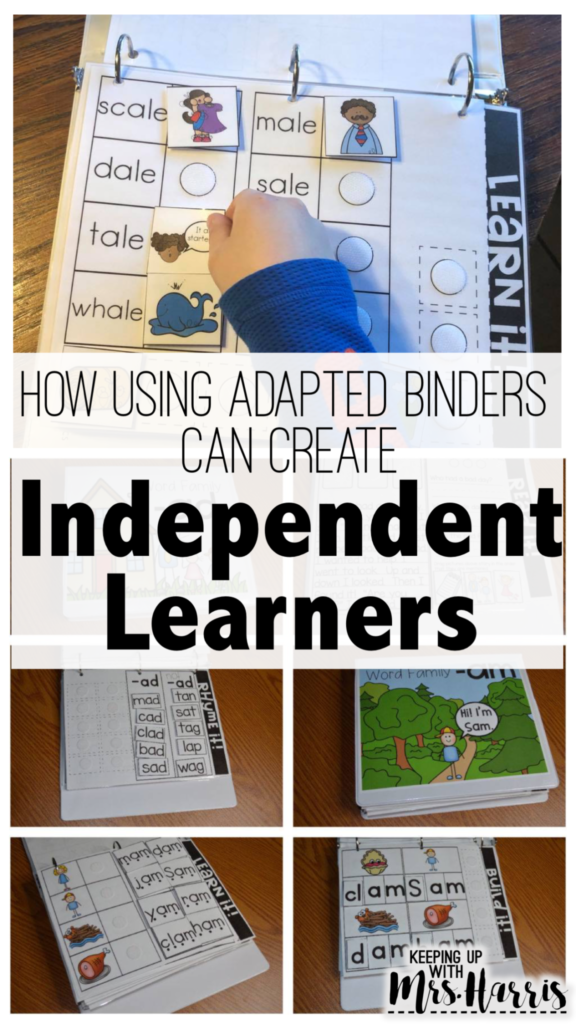
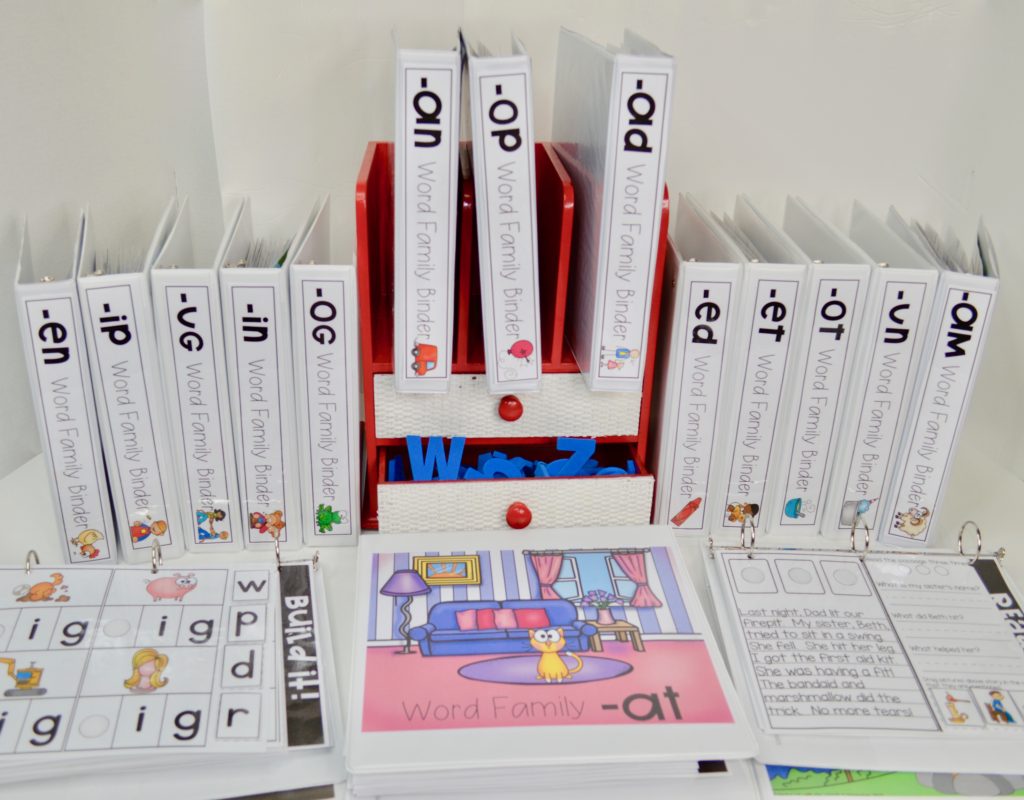
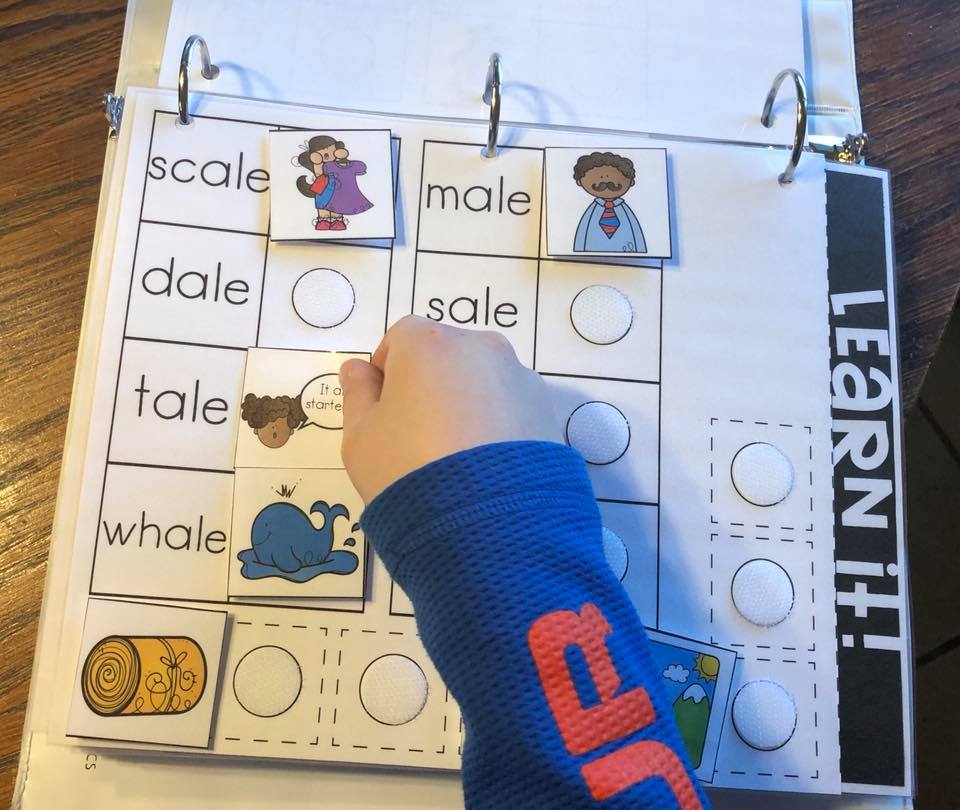
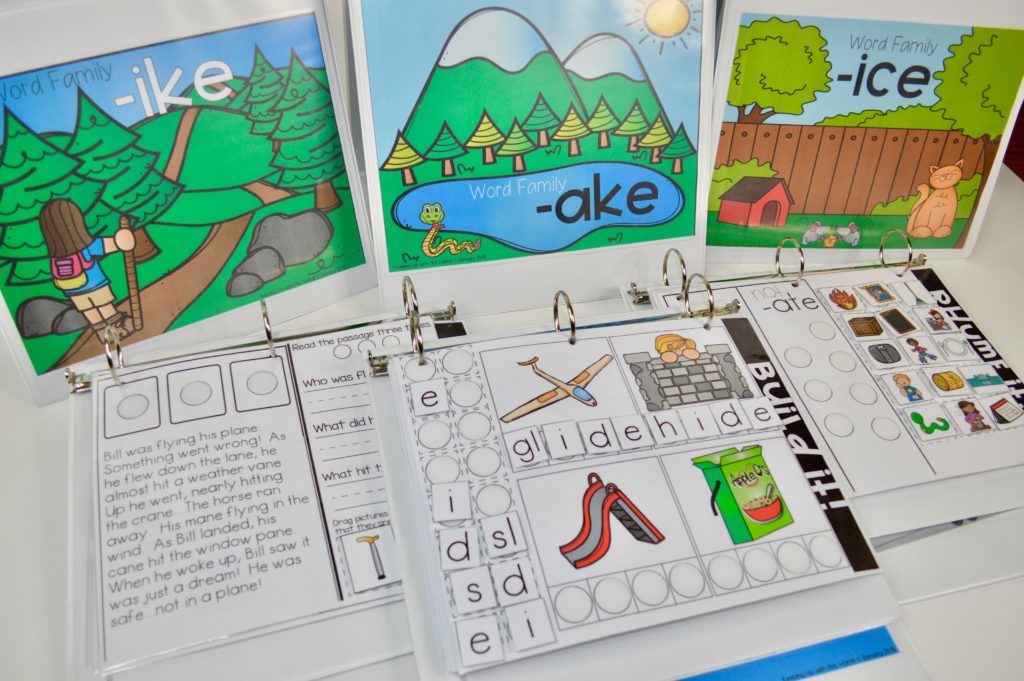
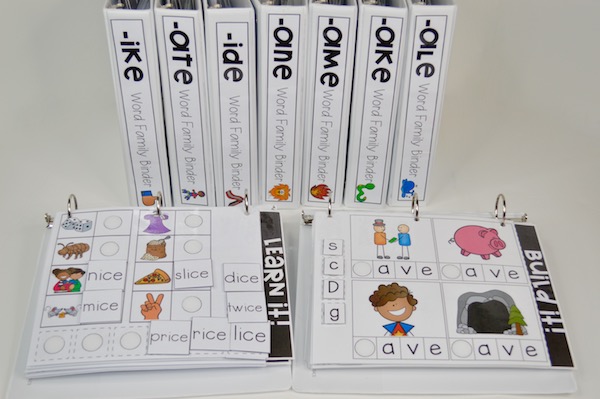
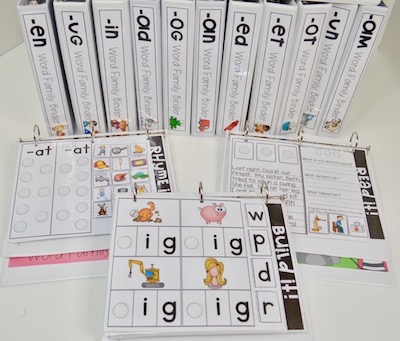
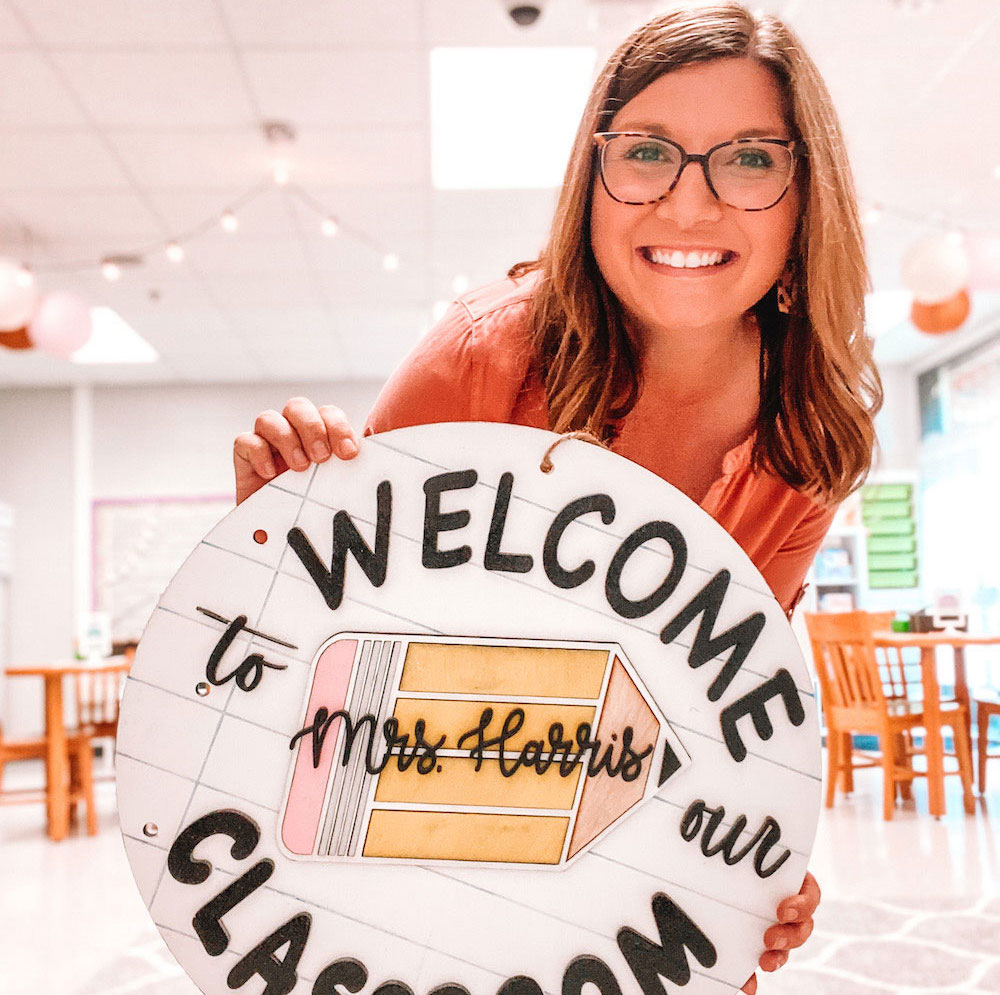
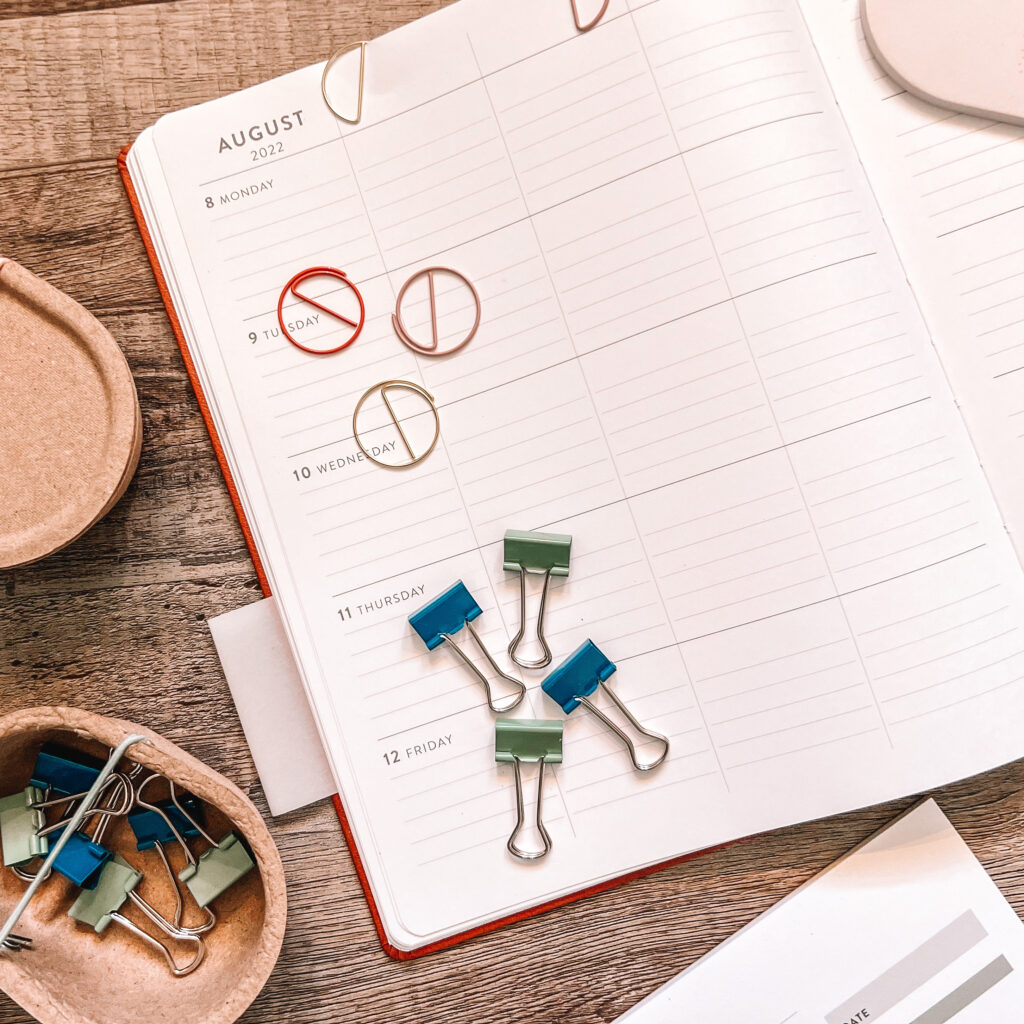
6 Comments
Thanks Natali dear, I love them too! ?
I just bought these . I am so excited. I just wish there were picture instructions to help put them all together. I’m a little confused on this first one. Sorry.
Feel free to email me at keepingupwithmrsharris@gmail.com and I will help you.
Thanks Meg! ? It has been fun.
Hi Megan, I’m still looking for help with the “_am” cards. Thanks
Megan do you still have your Roll and Write from 2016 available?
Comments are closed.